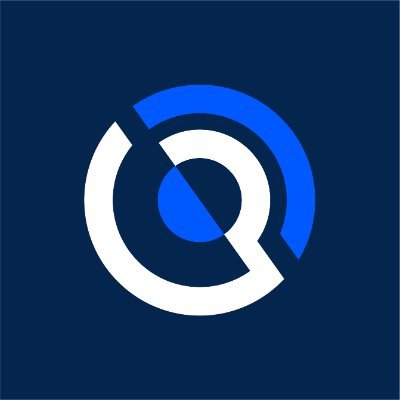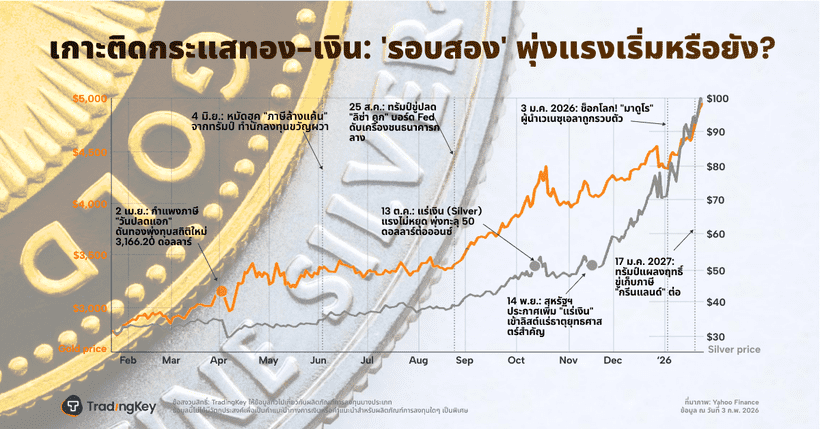Kenyan Telegram users report national blackout for the second time in 2025

Kenya’s largest telecommunications company, Safaricom, has reportedly blocked access to Telegram Messenger, disrupting services for thousands of users on the day national examinations began.
According to several local news sources, Safaricom’s home fiber and mobile data network users reported incidents of inaccessibility to Telegram’s app and web platform from around 10:30 AM local time on Monday.
According to Cryptopolitan’s investigations, the services were restored more than three hours later; however, Durov’s Telegram remained fully functional on rival networks Airtel and Telkom Kenya.
The outage comes against the backdrop of the commencement of the 2025 Kenya Certificate of Secondary Education (KCSE) written exams schedule.
Telegram muted in supposed exam-related crackdown
The Kenya National Examinations Council (KNEC) has reportedly been seeking ways to reduce examination leaks facilitated through unmonitored digital channels, mostly on Telegram and WhatsApp.
According to Kenya’s topmost examination council’s fraud watch report released in August, 18 out of 51 active Telegram channels were flagged for allegedly circulating KCSE and Kenya Accountants and Secretaries National Examinations Board (KASNEB) papers.
News outlet Nation Africa reported in late October that 123 teachers and 10 students were arrested for examination irregularities in the last 12 months.
“As we speak, the problem is no longer just with the students, it’s with those in charge,” a senior KNEC official told reporters. KNEC believes school heads and teachers are implicated in exam-related corruption at a rate that exceeds the number of students party to examination fraud.
“Thinking that shutting down Telegram reduces exam leakage is one way of saying the ministry is unable to stop exam leakage,” said one r/Kenya subreddit member.
According to the Open Observatory of Network Interference (OONI) Foundation’s reports, similar Telegram shutdowns ensued during the 2023 and 2024 KCSE examination periods, affecting users on Safaricom, Airtel, and the state-run Jambonet networks.
During the period of KCSE exams, OONI recorded intermittent blocking of Telegram’s website (telegram.org), interference with Transport Layer Security (TLS) handshakes, and DNS tampering that redirected domain queries to local IP addresses rather than Telegram’s actual servers.
OONI’s report also mentioned that app endpoints on Jambonet were restricted through IP-level restrictions, alongside connection timeouts even outside examination hours.
Safaricom or the CA has not released any official statements to explain or confirm the latest disruptions, which have caused netizens to believe the outage is part of KCSE security operations.
“We have been shutting down Telegram every time there are national examinations, especially KCSE. There has to be better ways to control leakages on that platform than shutting off other users who have nothing to do with the exams!” complained one X user.
Second time Telegram services have been disrupted this year
This is the second time Telegram messenger has been blocked by local ISPs, following a nationwide connectivity disruption on June 25, during Kenyans’ mass protests against proposed tax hikes from the government, said to be the largest demonstrations in the nation’s history.
As reported by Cryptopolitan, network monitoring groups and digital rights organizations coined the outages as a deliberate attempt to throttle internet services on platforms Telegram and X.
In response to those incidents, the Kenya Human Rights Commission (KHRC) cautioned telecom operators Safaricom, Airtel Kenya, and Telkom Kenya that a court order issued prohibits any form of internet shutdown during public demonstrations.
According to KHRC, the order came from Justice Bahati Mwamuye, who granted it after a petition was made by the International Commission of Jurists (ICJ) and other civil society groups during the 2024 nationwide internet blackout.
The commission warned telecom service providers that any attempt to throttle, downgrade, or block Kenyans from using internet services to access social media would be considered contempt in court and would be liable to legal repercussions.
Join a premium crypto trading community free for 30 days - normally $100/mo.







